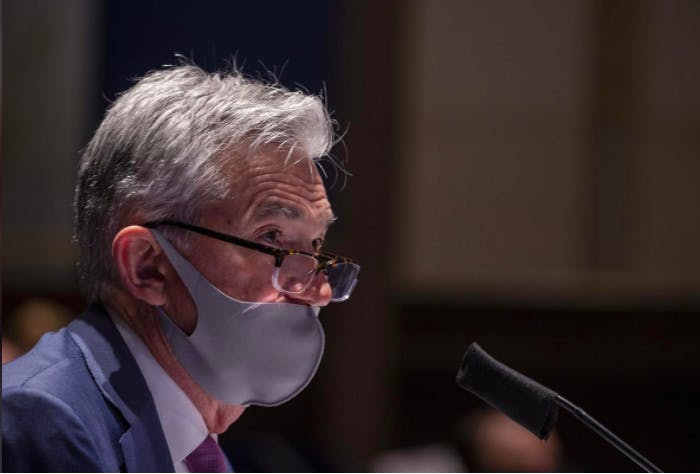 Reuters
Reuters
Fed kicks off Main Street lending, balance sheet tops $7 trillion
The U.S. Federal Reserve’s stash of bonds and other assets rose for the first time in more than a month, even as many of its emergency lending facilities continued to get little use and a new lending program designed to help small and medium-sized companies hurt by the coronavirus crisis got off to a slow start.
The Fed’s total balance sheet size rose to $7.01 trillion as of July 15 versus $6.97 trillion a week earlier, data released by the central bank on Thursday showed. It was the first increase since June 10, and was largely due to continued purchases of Treasuries and mortgage-backed securities aimed at keeping financial market conditions easy.
Read more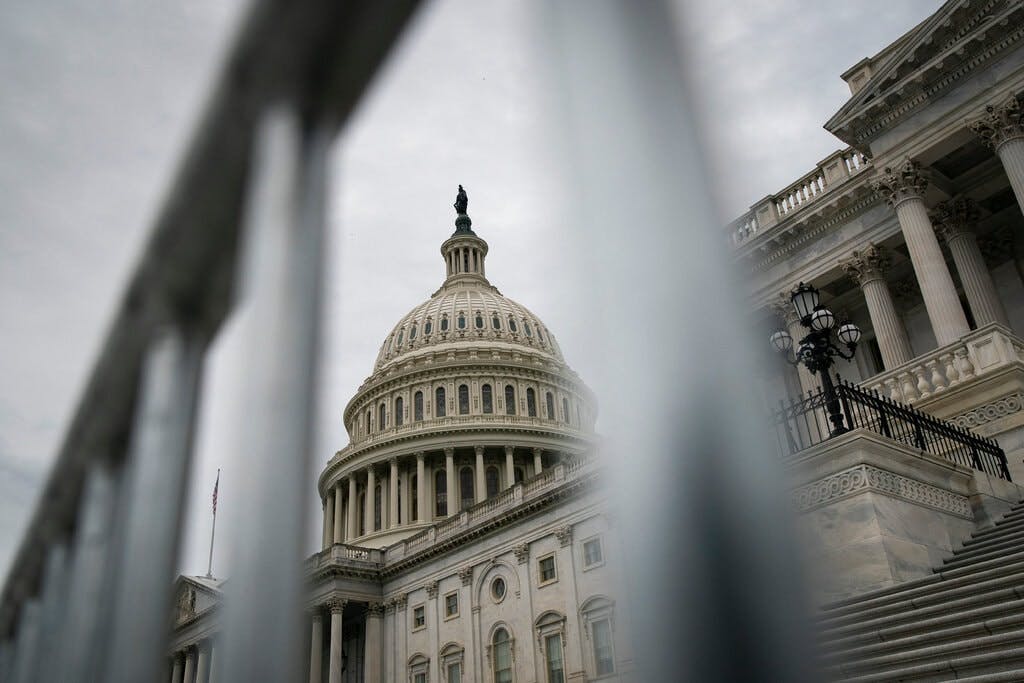 The New York Times
The New York Times
Special Interests Mobilize to Get Piece of Next Virus Relief Package
Airlines, hotels and restaurants. Military contractors and banks. Even Broadway actors. These are just a few of the special interests already maneuvering to get a piece of the next coronavirus relief package about to be taken up by Congress.
The House has already signaled that it wants $3 trillion in aid, the Senate appears to want something in the range of $1 trillion, and the White House is now involved in negotiations. The main components on the table for debate are additional payments to individuals, money for state and local governments, extended unemployment insurance and liability protections for companies and other institutions that are trying to reopen.
Read more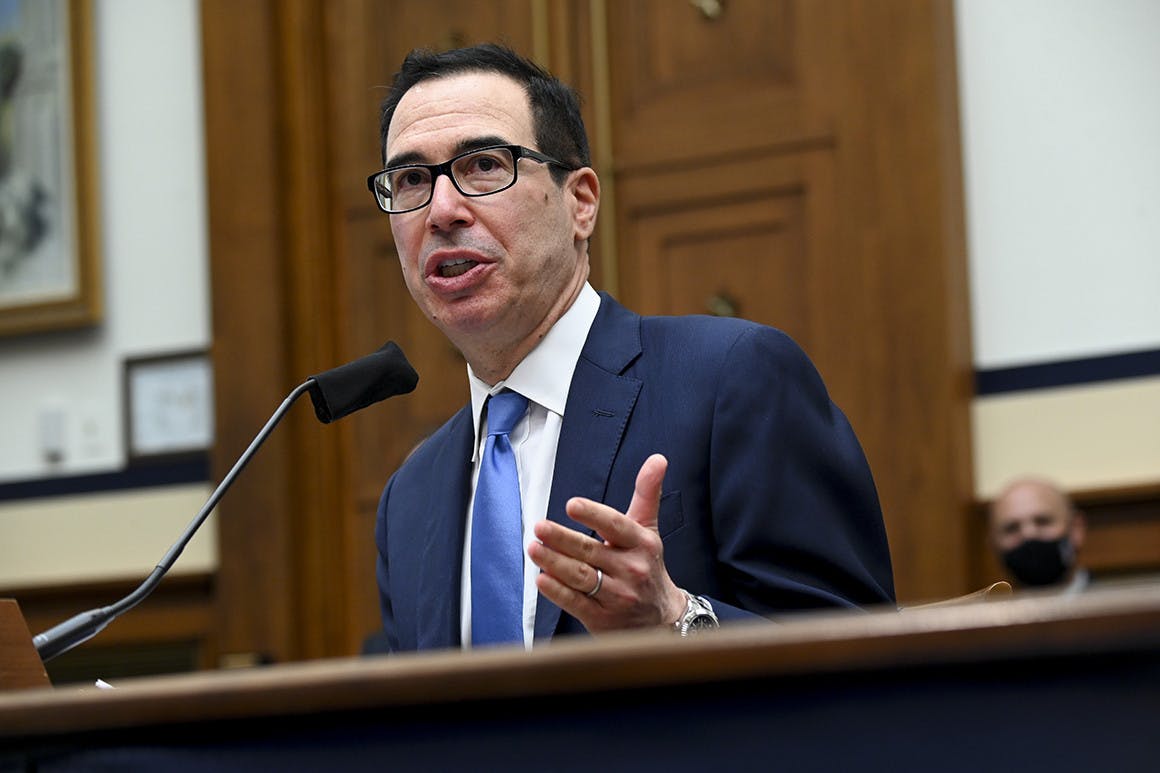 Politico
Politico
Mnuchin: Congress should consider forgiving smaller business loans
Treasury Secretary Steven Mnuchin told lawmakers on Friday that they should consider automatic forgiveness for many loans under the Paycheck Protection Program, the $670 billion government-backed rescue of small businesses.
“I know one of the things we’ll talk about is: Should we just have forgiveness for all the small loans?” Mnuchin said during testimony to the House Small Business Committee. “That’s something we should consider. We should obviously make sure there’s some fraud protection.”
Read more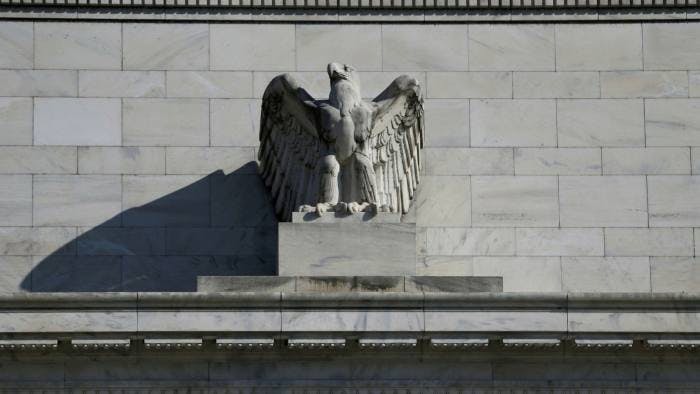 Financial Times
Financial Times
Wall Street cuts forecasts for Fed balance sheet growth
An expansion of the Federal Reserve’s balance sheet has stalled, prompting strategists to pare their predictions for the scale of the US central bank’s interventions in financial markets this year.
For the week ending July 15, its balance sheet steadied at $7tn, a small uptick from the week before but roughly $210bn lower than the peak reached on June 10.
Read more The New York Times
The New York Times
Businesses Are Supposed to Cut Debt in a Downturn. Why Not Now?
Since the 2008 global financial crisis, American corporations have taken advantage of historically low interest rates to gorge themselves on debt. Then came the pandemic and the sharpest economic downturn in history, which resulted in an odd solution for the companies that did all that borrowing: more debt.
Through late June, giant U.S. companies had borrowed roughly $850 billion in the bond markets this year, double the pace from last year. Analysts at JPMorgan Chase anticipate that investment-grade companies will borrow roughly $1.6 trillion from investors by the time 2020 is over.
Read more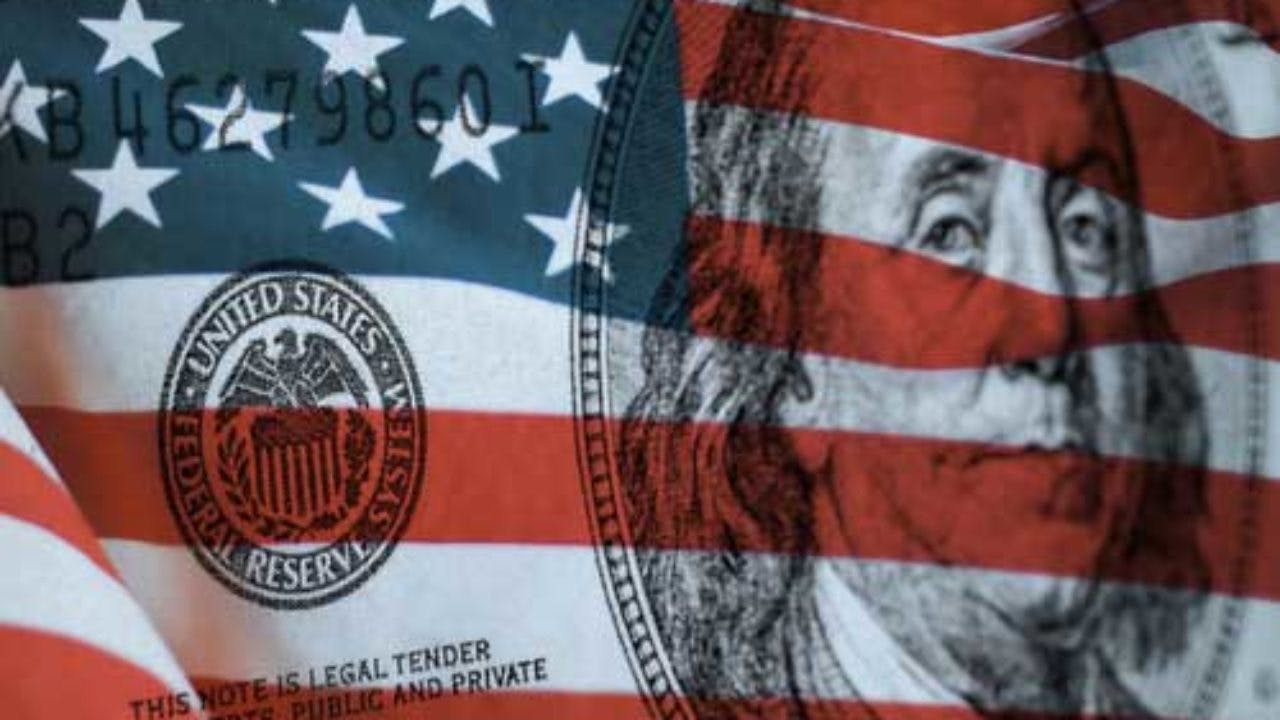 Brookings
Brookings
OPINION: Former Fed Chairs Bernanke and Yellen testified on COVID-19 and response to economic crisis
In many respects this recession is unique. Most recessions result from developments inside the economy, but an external shock—the public health crisis—caused this one. To avoid getting sick, people have curtailed working, shopping, and attending school. Whatever the cause, the coronavirus recession, like all recessions, is imposing heavy costs. Many workers have lost jobs and income, and many business owners’ financial survival is at risk. The economy’s extraordinarily rapid decline earlier this year—as well as the sharp but incomplete rebound following the first steps toward reopening—reflect this recession’s unusual source. In addition, the sectors suffering most differ from past recessions. The heaviest blows have fallen on service industries that involve close personal contact (including retail trade, leisure and hospitality, and transportation) rather than, as is more typical, on the housing, capital investment, and durable goods sectors. Lower-paid workers, as well as women and minorities, are over-represented in the most-affected sectors, and thus have borne a disproportionate share of the job and income losses. And, the virus has affected almost every country, with potentially devastating consequences for trade and international investment.
Read moreOPINION: What’s Next For Oil And Gas?
Oil demand has been decimated by Covid-19, bottoming in April at 76 million barrels per day, down 25% from 102 million barrels per day in December 2019. As economies reopen and mobility increases, the shape of oil demand recovery remains uncertain. In many ways, the coronavirus pandemic has accentuated the challenges and transformation that the oil and gas industry was undergoing, which has allowed the industry to respond much faster.
Most oil and gas companies dusted off their 2014 playbook and have pulled fairly traditional levers from past commodity cycles for short-term survival, such as managing liquidity, reducing costs and scaling back operations. But this downturn is unlike past cycles because the price pressure will remain due to a longer-term trend toward decarbonization.
Read more